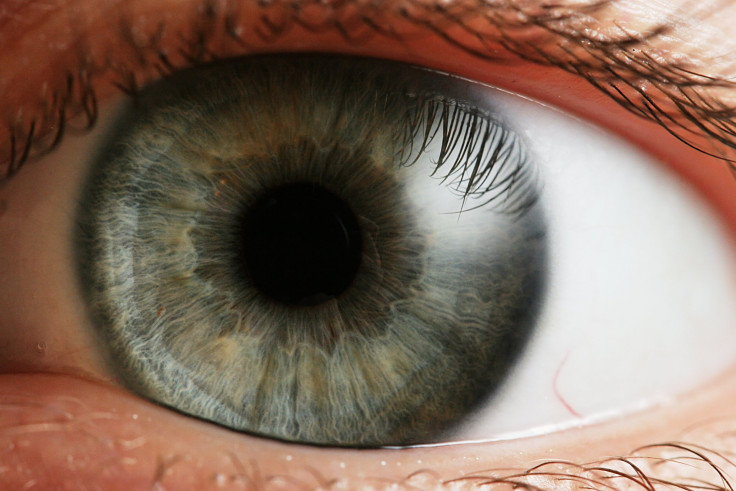Brain Controls Color Vision Over Lifetime: New Study

Thanks to compensation mechanisms in the brain, a person's ability to see color remains constant over a lifespan, even as cone receptors in the eye lose their sensitivity to color, a new study finds.
The study, published by University of Liverpool researcher Sophie Wuerger in PLOS One today, shows that the brain's visual system can supplement color perception that degrades as people age. Wuerger looked at the color vision of 185 participants, aged 18 to 75, PLOS says, and found that the older people get, the harder it is for them to distinguish between subtle differences in color shades, particularly yellows and blues, because of an age-related yellowing of the lens of the eye. She concluded that the brain compensates for this yellowing, keeping color vision relatively constant, PLOS adds.
"This suggests that the visual brain re-calibrates itself as we get older," Wuerger said in the press release.
Published by Medicaldaily.com



























